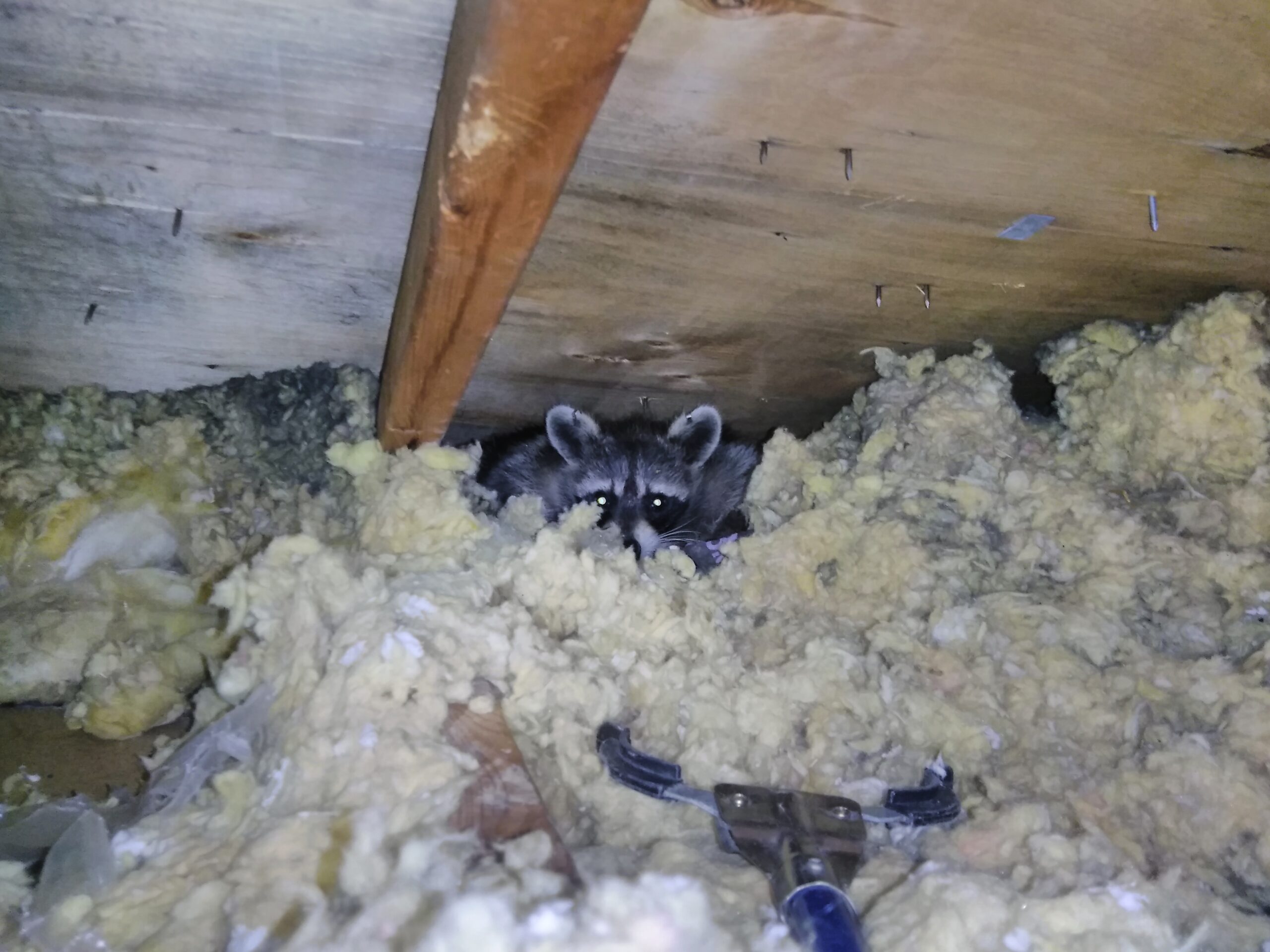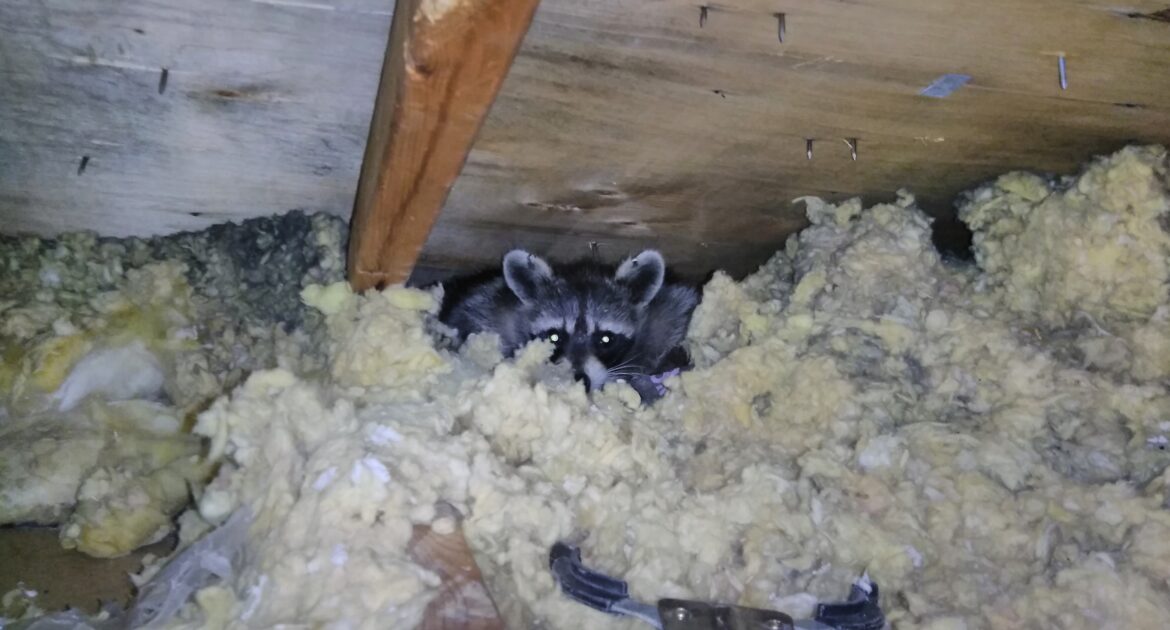Raccoons are considered a nuisance in the city. They are pests that get in your garbage to find food. They’ll tear up your shingles and insulation in your home. These trash pandas carry parasites, insects and diseases. As nocturnal animals, they will usually run from dogs unless they are cornered and have to fight. Cats are much smaller animals, typically, so a raccoon might prey on a small cat. How dangerous are raccoons to cats? Here’s what to know. If you need raccoon removal in Coquitlam, always contact a professional wildlife removal technician for your safety.
What Dangers Do Raccoons Pose to Cats?
Cats are stealthier creatures than dogs. They move quickly, sometimes very quietly. Cats usually don’t pose a threat to raccoons. Raccoons will eat cat food, though. You’ve seen the memes on social media about raccoons knocking on the patio door because the cat food was empty. Although this seems sweet, would you want an interloper stealing your food?
Raccoons can transmit rabies to your cat (and dog). Raccoons can also have distemper, both the feline and canine variety. This is a big threat to your cat. Raccoon’s feces are also hazardous. Your cat may not actively go after raccoon poop, but they can inadvertently walk through it and carry it to their bed or in your home.
Finally, raccoons do attack cats when threatened. Mother raccoons are highly aggressive in protecting their young. If a raccoon and cat came in contact with each other, a fight is almost a given. Cats are very territorial, and they will fight to protect their space. Unfortunately, a raccoon is larger than most cats. With its size and speed, the raccoon has the upper hand. Raccoons also eat small animals, rodents and gophers, for example. A raccoon might eat a small kitten.
Protect Your Cat From Raccoons
Ideally, keep your cats inside to keep them protected against raccoons. If you have outside cats, you will want to raccoon-proof your yard.
- Don’t leave cat or dog food outside except when you are feeding your pets.
- Keep your pets’ vaccinations up to date.
- Don’t let your cat outside unless you are supervising.
- Don’t leave trash cans outside unless they’re secure.
- Make sure raccoons can’t get into your basement or attic by securing windows and cracks.
- Get a good fencing system.
Although there are cases where raccoons and cats do get along, it’s much better to keep your cats away from them. You don’t want raccoons trying to get into your home through the doggy or kitty door. You don’t want your cats getting sick from a raccoon. You don’t want to be feeding a nursery of raccoons. Raccoons are scavengers and will only cause more damage the more they are around. Protect your animals and your children by making your home raccoon-free.
Why You Want to Call the Professionals to Deal With Raccoons
For the same reason that raccoons are dangerous to cats, humans should not try to DIY raccoon removal. If raccoons have invaded your property, you will need to eliminate the items that are attracting them to your home. If they are getting in your trash, you will need to secure your trashcans. They may like your swimming pool, so you may need to cover it.
But if a raccoon has moved into your home, you will need professional help remediating the situation. You not only want professionals to safely remove the raccoons, but you also want professional help with cleanup and future prevention. A raccoon living in your attic is most likely a mother raccoon with babies. You can’t only remove the mother. You need to remove the babies, too. Dealing with an aggressive raccoon can be dangerous. Contact Skedaddle Humane Wildlife Control for humane raccoon removal.






